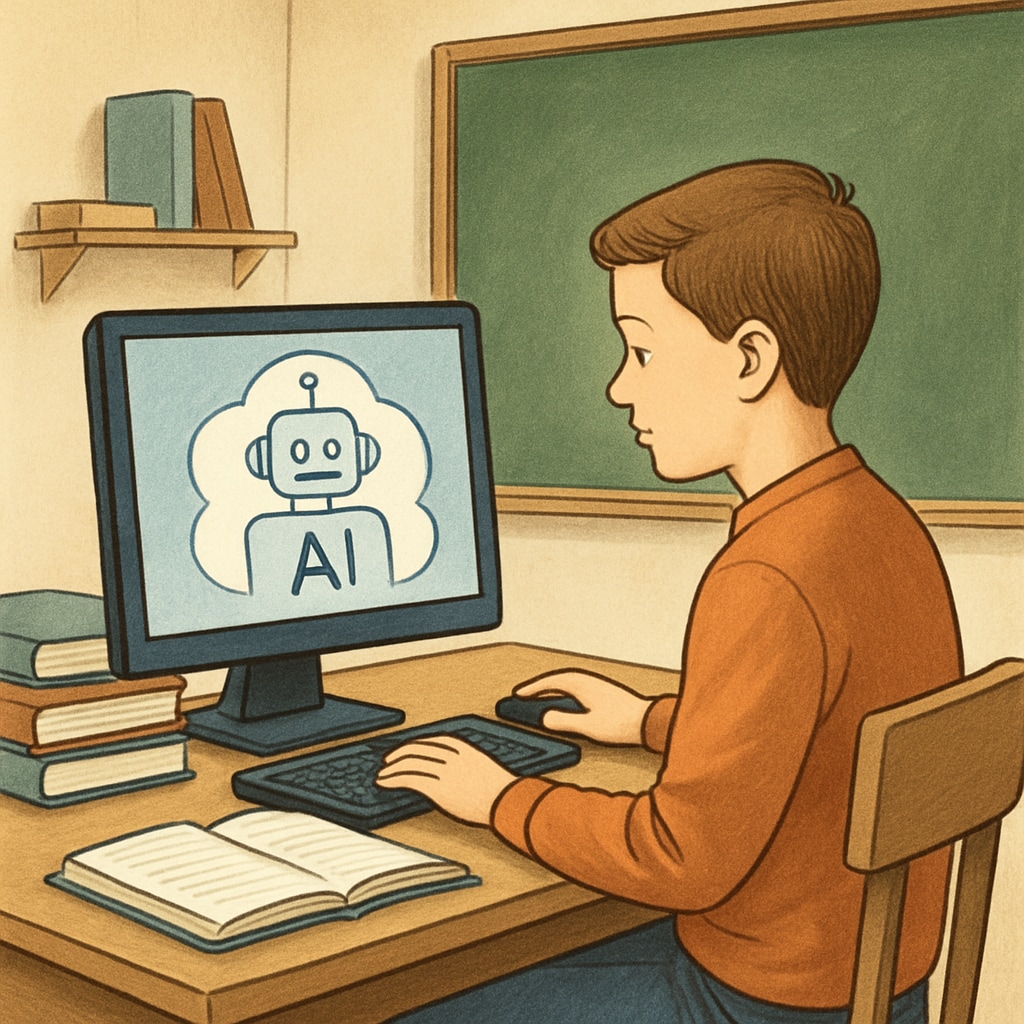In the age of artificial intelligence (AI), traditional competitive exams are facing unprecedented challenges in effectively identifying and nurturing talent. The rapid evolution of AI technologies is reshaping the way we define skills, intelligence, and creativity. This shift demands a transformation in competitive examination systems to ensure that they remain relevant and capable of selecting individuals with innovative thinking and problem-solving skills. This article explores the limitations of traditional exams in the AI era and outlines potential paths to overhaul talent selection mechanisms.
The Shortcomings of Traditional Competitive Exams
For decades, competitive exams have been the cornerstone of talent selection across various fields, including education and employment. However, these exams often prioritize rote memorization, formulaic problem-solving, and test-taking techniques over deep understanding and creativity. In the AI era, where machines can outperform humans in tasks requiring memory and computation, this approach is becoming increasingly outdated.
AI technologies, such as natural language processing and machine learning, are capable of generating solutions to standardized problems with remarkable accuracy. For example, tools like ChatGPT can write essays, solve equations, and even simulate critical thinking. This raises a critical question: How can traditional exams remain a reliable tool for evaluating human potential in an age where machines can easily mimic these capabilities?

Rethinking Evaluation in the AI Era
To address these challenges, educational systems must shift their focus from assessing knowledge retention to evaluating skills that are uniquely human. These include critical thinking, emotional intelligence, adaptability, and creativity. Here are several ways to rethink competitive exams:
- Project-Based Assessments: Instead of relying solely on standardized tests, students could be evaluated based on long-term projects that require collaboration, research, and innovation.
- Scenario-Based Testing: Exams could incorporate real-world scenarios where candidates must apply their knowledge to solve complex, open-ended problems.
- AI-Augmented Testing: AI tools could be used to create dynamic and adaptive tests that adjust in real time based on the test-taker’s responses, providing a more nuanced evaluation of their abilities.
According to a study reported on Britannica, AI has the potential to revolutionize education by personalizing learning experiences. This personalization could extend to exams, ensuring that evaluations are tailored to the unique strengths and weaknesses of each individual.

The Role of Human Qualities in Talent Selection
While AI excels in automating repetitive and computational tasks, it lacks the emotional and ethical dimensions that are central to human intelligence. Talent selection processes must prioritize these uniquely human qualities to ensure that we are cultivating leaders and innovators who can navigate the complexities of the modern world.
For instance, interviews, group discussions, and simulated team projects can complement traditional exams by providing insights into candidates’ interpersonal skills, leadership potential, and adaptability. These methods ensure a more holistic evaluation of talent, beyond what standardized tests can capture.
The Path Forward
In conclusion, the AI era presents both challenges and opportunities for competitive exams and talent selection. By embracing innovative evaluation methods and leveraging AI as a tool rather than a competitor, we can create systems that better identify and nurture the talents needed for the future. As we move forward, collaboration between educators, technologists, and policymakers will be crucial in designing examination systems that reflect the evolving demands of our time.
Readability guidance: This article uses short paragraphs and lists for clarity. It avoids over-reliance on passive voice and ensures a balanced distribution of transition words to maintain flow. Recommendations are presented in a concise, actionable format.


